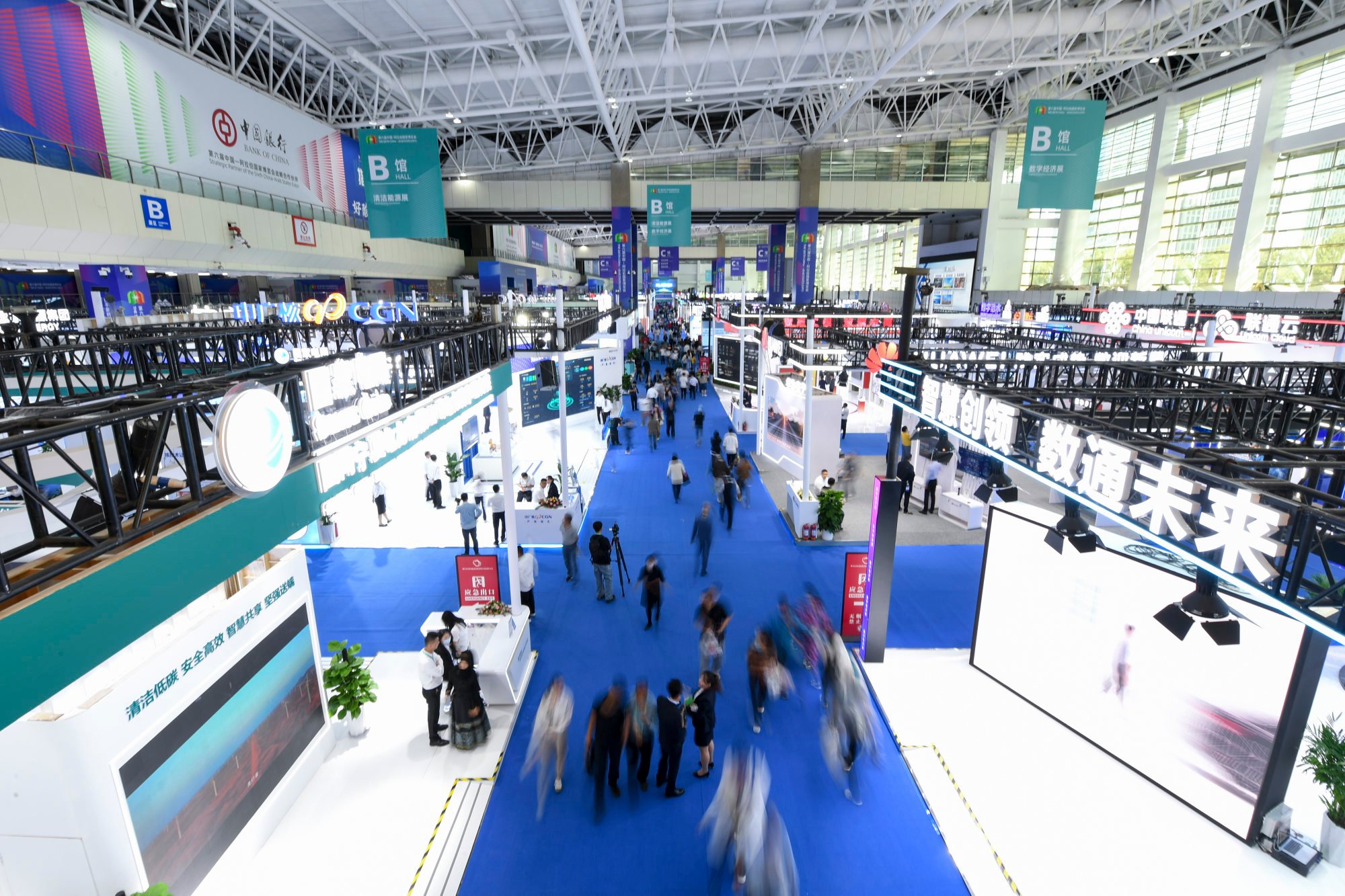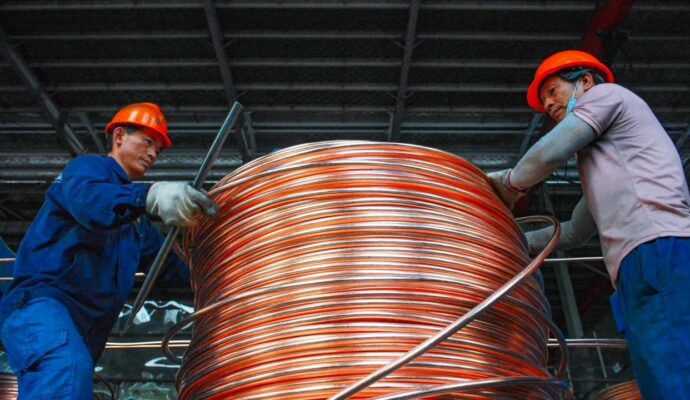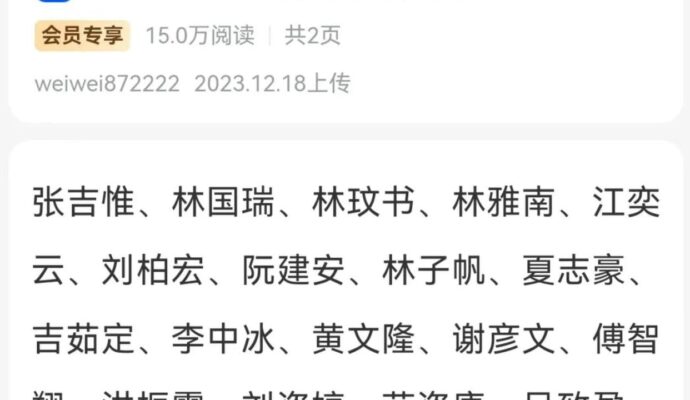A trade fair designed to foster closer ties between China and the Arab world ended on Sunday with companies signing deals worth a total of 171 billion yuan (US$23.4 billion) in sectors such as trade, agriculture, energy, green transition and medical care, state media reported.
The sixth China-Arab States Expo in Yinchuan, in the northwestern region of Ningxia, was attended by officials from more than 60 countries and more than 1,000 representatives of foreign agencies in China, according to official news agency Xinhua.
It also said that more than 220 foreign chambers and foreign companies and over 150 Chinese businesses were represented. No details on the individual companies involved in the deals have been released.
The expo also held a tech transfer and innovation conference, where eight deals were signed between Chinese agencies and research bodies or laboratories from countries such as Egypt, Saudi Arabia and Qatar on desertification treatment and smart agriculture.
China shores up strategic ties with UAE as Beijing extends its Mideast reach
China shores up strategic ties with UAE as Beijing extends its Mideast reach
According to the expo’s official account on WeChat, both China and Arab countries agree on the need to strengthen agricultural exchanges.
Advertisement
The deals signed included 3.4 billion yuan in agricultural agreements, while Chinese companies used the event to showcase 300 agricultural, maritime and anti-pollution technologies which state media said would meet the needs of Arab states.
The total trade in agricultural products between China and Arab countries reached US$5 billion last year, twice the 2016 figure, according to Beijing’s official data.
Zhang Enhong, the director of the Chinese centre of animal husbandry technology in Mauritania, told Xinhua Chinese scientists had helped improve soil quality in the North African country and been experimenting on 34 types of forage crops for livestock.
“Animal husbandry is one of the pillar industries in this country in northwest Africa, but 80 per cent of its lands are desert and its dry season is long,” he said.

“That’s why the traditional way of grazing doesn’t work and there’s a need to find the right crops for sustaining the industry.”
Advertisement
Xi pledged to set up five joint modern agriculture laboratories and 50 demonstration projects, adding China will also send 500 scientists to Arab countries to help increase grain yields.
Advertisement
John Oliver – a non-resident scholar at the Middle East Institute in Washington – said that the economic relationship between the Middle East and China is “mutually beneficial”.
China-Middle East to step up trade amid strained ties with Western partners
China-Middle East to step up trade amid strained ties with Western partners
“The port and free zone of Jebel Ali [in southwestern Dubai] is one of the world’s major ports and a key re-export zone for products from China and elsewhere,” he said.
Advertisement
“The port of Fujairah [also in the United Arab Emirates] is the world’s second busiest bunkering [refuelling cargo ships] port, which makes it a key stop for goods flowing to and from China.”
Advertisement


